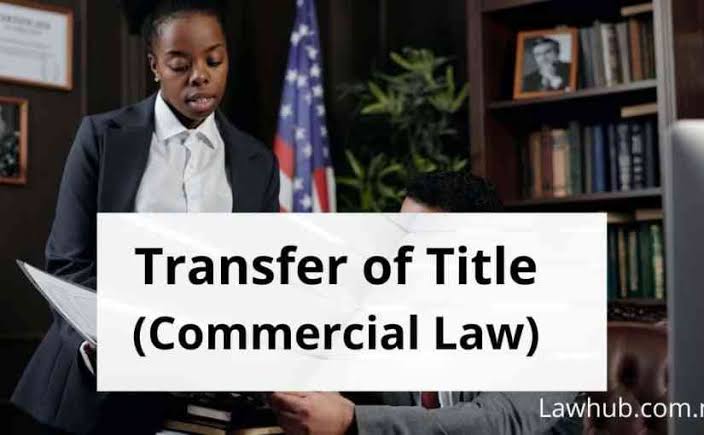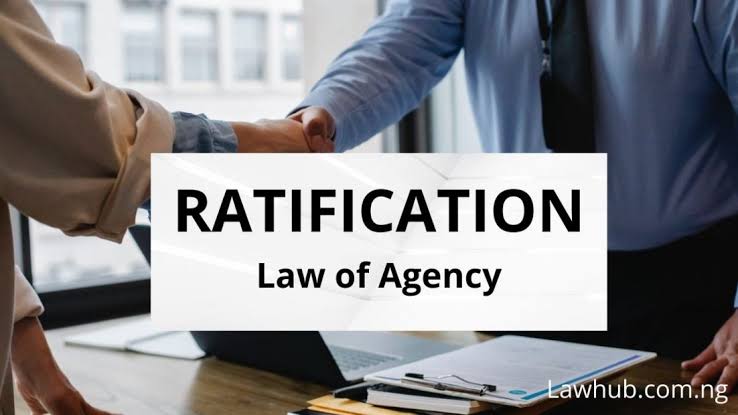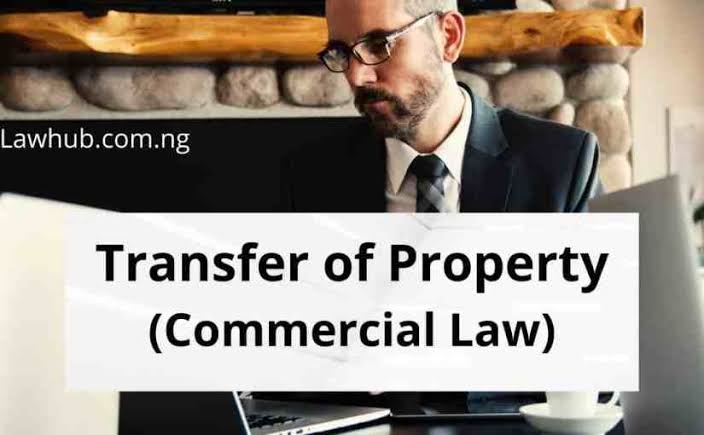Category: Commercial law
-

Hire Purchase Hire purchase is one of the many types of consumers credit transaction recognized in Nigeria Law. A Hire purchase agreement is an agreement by an owner of goods (i.e. the creditor) to hire the goods out to a hirer and to give the hirer an option to purchase the goods, conditional on his…
-

Agency Relationship Sometimes an entity instructs another to conduct its business transactions. This is common and is known as an ‘Agency Relationship‘. Agency is a business relationship where a principal gives legal authority to an agent to act on the Principal’s behalf when dealing with a third party. The Black’s Law Dictionary, defines an agency…
-

N.B. This article is particular to Nigeria. Transfer of Title Want to learn about transfer of title in commercial law? Continue reading below. The effect of a contract of sale as regards transfer of title may be broadly divide into three main groups: The seller would be transferring a valid title If the property in…
-

N.B. This article is particular to Nigeria. Power of Recovery of Possession of Goods The hire purchase act 1965, CAP H4 LFN 2004 was passed to regulate hire purchase transaction and it possesses 21 sections. It has been described as the hirer’s act as it is revolutionary and highly protective of the hirer. Most of…
-

N.B. This article is particular to Nigeria. Undisclosed Principal Who is an undisclosed Principal? What are his rights and Duties? Read on. The principle of agency is a type of special contract entered into by two or more people, wherein one person acts on behalf of the other. In the contract law, the term “undisclosed…
-

N.B. This article is particular to Nigeria. Obligations in Agency Wondering what obligations exist in an agency relationship? This post is about obligations of Agency. The relationship between a principal and agent is essentially consensual. Where an agent has agreed to serve as the agent of the principal and the principal has equally given his…
-

N.B. This article is particular to Nigeria. Ratification Would you like to know what ratification in commercial law is all about? Well, keep reading. In discussing the creation of agency relationship, we often describe a situation where the agent has antecedent authority. On the other hand, there may be no antecedent authority, yet the agent…

